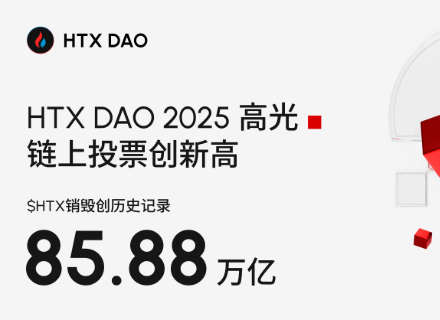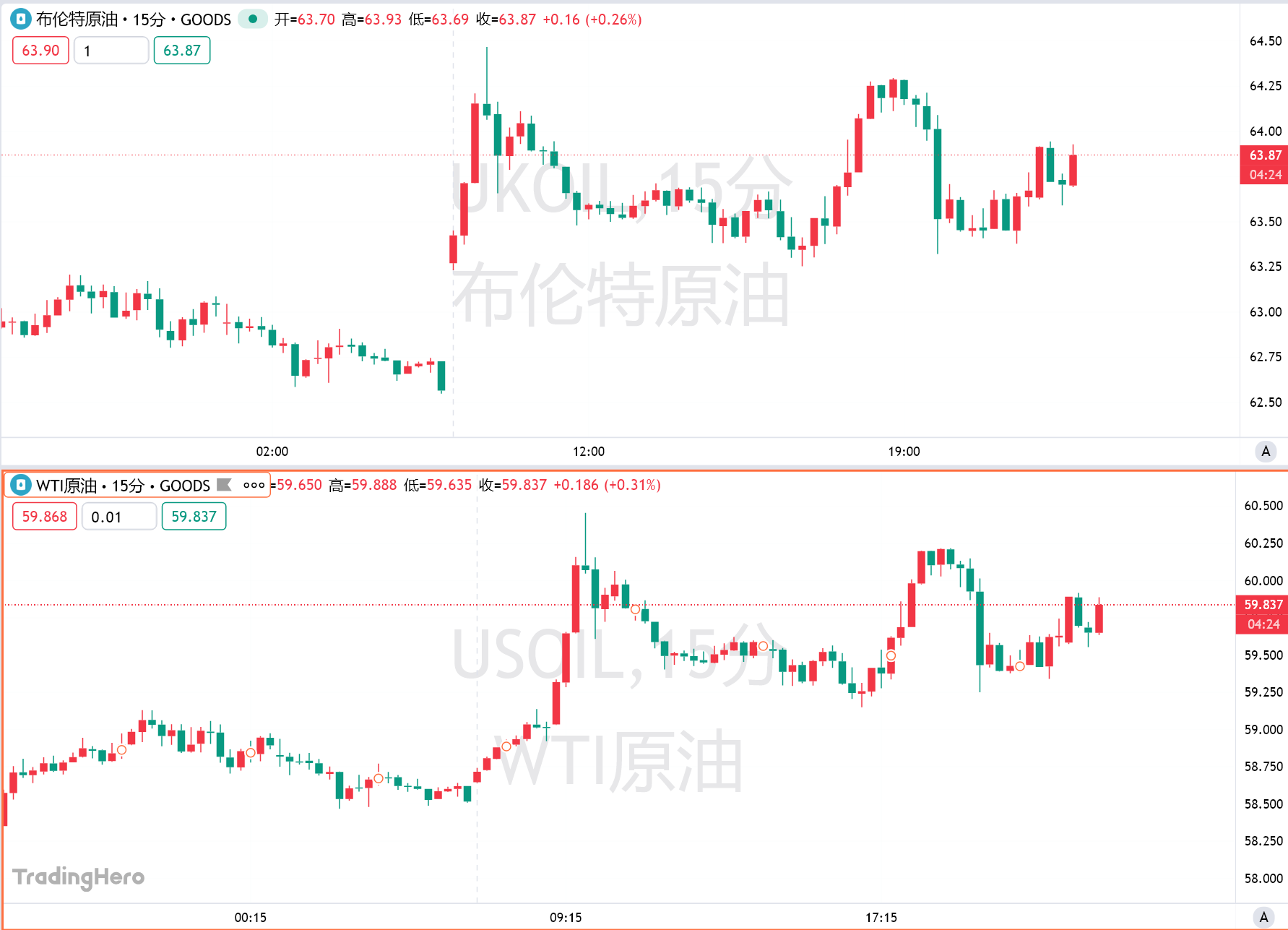Regulators vs. Privacy: The Crypto Surveillance Showdown
- CFTC deploys Nasdaq's SMARTS surveillance tech to monitor traditional and crypto markets for manipulation and insider trading. - The system analyzes billions of trades daily using AI to detect spoofing and cross-market anomalies, already adopted by 50+ global regulators. - U.S. regulators push for DeFi identity checks amid rising crypto enforcement (47 CFTC actions in 2024) and $24B in 2022 illicit crypto transactions. - Privacy advocates criticize embedded identity protocols as undermining DeFi's decent
CFTC is deploying a surveillance technology developed by Nasdaq to enhance its oversight of both traditional and digital asset markets, according to reports from Cointelegraph and Financefeeds. The U.S. financial regulator aims to modernize its decades-old infrastructure by adopting the software, which will enable real-time detection of market manipulation and insider trading activities. The technology, known as SMARTS, is already in use by over 50 exchanges and regulators globally, including the Hong Kong Securities and Futures Commission and the Singapore Exchange. The system is equipped with algorithms tailored to detect suspicious patterns in digital asset markets, offering cross-market analytics that correlate activities between traditional and crypto trading venues [1].
Nasdaq’s surveillance technology is expected to provide the CFTC with the tools to monitor billions of trade messages per day and identify anomalies such as spoofing, layering, and wash trades. The data fed into the system will be sourced directly by the CFTC using its regulatory powers, as highlighted by Tony Sio, head of regulatory strategy and innovation at Nasdaq. The deployment of this surveillance tool aligns with broader efforts by U.S. regulators to combat illicit activity in crypto markets. For instance, the U.S. Treasury Department is exploring proposals to embed identity checks into decentralized finance (DeFi) smart contracts, as outlined in the White House’s July 2023 crypto report [2].
The increasing use of surveillance in the crypto space has sparked a debate between privacy advocates and regulators. Critics argue that embedding government-approved identity credentials into DeFi protocols undermines the permissionless nature of decentralized finance. Mamadou Kwidjim Toure, CEO of investment platform Ubuntu Tribe, emphasized that adding such tools to DeFi protocols fundamentally alters the core ethos of the ecosystem. Meanwhile, regulators defend the need for stronger oversight, particularly in light of growing enforcement pressure. In fiscal 2024, the CFTC brought 47 enforcement actions related to digital assets, an increase from 32 the previous year. FinCEN has also estimated that illicit crypto transactions accounted for more than $24 billion globally in 2022 [2].
The U.S. Treasury and the National Institute of Standards and Technology (NIST) are working on updated digital identity guidelines and additional know-your-customer (KYC) parameters for digital assets, as recommended by the White House report. These measures aim to strengthen investor protection and combat money laundering. However, they raise concerns among DeFi stakeholders, who fear that embedding identity checks into smart contracts could lead to a shift away from the decentralized and open-access principles that define DeFi. The White House report also called for the development of new identity credential tools to address illicit financial flows.
The expansion of surveillance in the crypto space is occurring against a backdrop of rising trading volumes. Daily spot crypto trading volumes average over $50 billion globally, with DeFi protocols processing an additional $15–$20 billion in transactions each day. In U.S. derivatives markets, the CFTC oversees contracts with an annual notional value exceeding $400 trillion. These figures underscore the need for robust surveillance systems to detect and prevent market abuse. As the CFTC and other regulators continue to refine their oversight frameworks, the tension between privacy and security is likely to remain a central issue in the evolution of the crypto market.
Source:

Disclaimer: The content of this article solely reflects the author's opinion and does not represent the platform in any capacity. This article is not intended to serve as a reference for making investment decisions.
You may also like
SOL drops to 5-month low despite Solana spot ETF success: Is $100 next?

Major Overhaul in US Crypto Regulation: CFTC May Fully Take Over the Spot Market
The US crypto regulatory framework is undergoing a redistribution of authority, with clear divisions of responsibility between the CFTC and SEC: the SEC focuses on securities, while the CFTC is responsible for the spot market of digital commodities. The advancement of new bills and the arrangement of hearings indicate that the regulatory boundaries have been formally clarified in official documents for the first time. Summary generated by Mars AI. This summary is generated by the Mars AI model, and the accuracy and completeness of its content are still being iteratively updated.

Oil price rebound alert! Russia's largest oil port attacked, 2% of global supply disrupted
A Ukrainian drone attack has caused the suspension of oil exports at Russia's Novorossiysk port, interrupting a daily supply of 2.2 million barrels. As a result, international oil prices surged by over 2%.

When traditional financial markets fail, will the crypto industry become a "pressure relief valve" for liquidity?
The twilight of financialization: when debt cycles can only create nominal growth.
